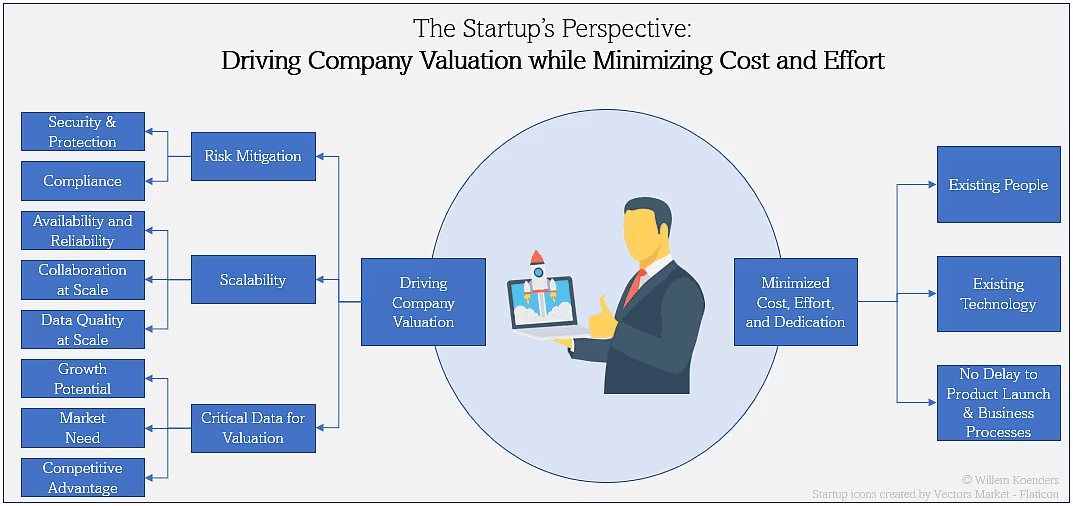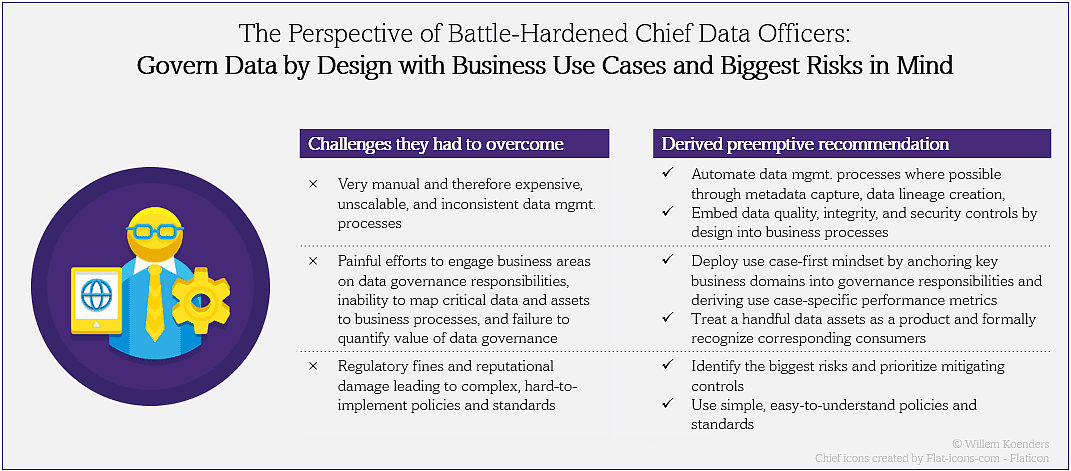Branded Content
The State of Enterprise AI: Highlights from Cloudera’s 2024 Survey
Written by: Shayde Christian | Chief Data and Analytics Officer, Cloudera
Updated 11:57 AM UTC, Tue October 22, 2024

AI is at the forefront of every C-suite leader’s mind, as the technology continues to dominate IT budgets, media headlines, and consumer interest. It holds immense value — only some of it fully realized — to streamline operations, enhance customer experiences, and safeguard businesses from threats. I recently wrote about AI barriers, but want the opportunity to expand on the data from Cloudera’s recent report: The State of Enterprise AI and Modern Data Architectures, which surveyed more than 600 IT leaders from across the globe to understand the current state of AI adoption, challenges with AI adoption, and the benefits of modern data architectures.
Here’s what we learned.
AI apps are pervasive
A whopping 88% of respondents reported that their companies use AI, a significant increase over the 55% of McKinsey respondents in August 2023 who reported using AI at the end of Generative AI’s breakout year, although both curves are flatter than the 270% surge Gartner reported in the four years leading up to January 2019.
IT has the highest adoption rate (94%) followed by Customer Service (55%), Marketing (48%), and Sales (37%). The primary purposes for AI models have remained consistent with 64% of organizations pursuing operational efficiency and 61% improving customer experience. Expeditious analytics crept up to steal the bronze medal at 55%. To improve customer experience, 62% improve security and fraud detection, 61% build and refine chatbots, and 58% automate support functions, and they’ll need to keep at it as Accenture reported only 7% of people trust chatbots (to make insurance claims in that case).
Unsurprisingly, the most commonly used AI models are generative (73%) followed by predictive (53%), with generative models being leveraged in variable architectures: 23% build LLMs, 50% utilize retrieval-augmented generation (RAG), and 61% expose data directly to open source models.
Barriers persist
Despite the multiplicity of approaches and widespread usage, 71% worry about security and compliance risks, inhibitions which are exacerbated by a lack of unified data governance and data security on common data platforms. 30% acknowledged they did not have the data infrastructure required to effectively power AI and 50% cited integration and data storage costs as AI acceleration inhibitors. Overcoming inadequate AI skills remains a top priority with companies who attack the problem from multiple angles.

Interestingly, Cloudera customers have adopted an approach that mitigates all of these barriers by decreasing security and compliance risks while avoiding integration costs, the need for high infrastructure performance, and the necessity for top AI talent: they bring existing open foundational models safely to their private data using Cloudera Machine Learning (CML) with accelerators to quickly prep models for training, ensuring that model prompts and responses remain unexposed.
As a CDAO, having all of my data and tools integrated across environments has been game-changing for me.
Data silos are killers
Survey responses articulated a pressing need for unified data platforms with enterprise-grade data governance and data security. Along with data reliability, data security is the biggest challenge in data landscapes (69%), but to their credit, 79% of companies are restricting access to sensitive data based on certain titles and 64% are restricting data to the departmental users who own it.
Data silos are highly problematic with 38% reporting that their company is either completely siloed or very siloed, with an additional 31% being somewhat siloed. It’s no wonder that demand for true hybrid platforms is on the rise as they facilitate a “write once deploy anywhere” approach to data workloads and significantly impact the primary challenges to trusted data.

Data privacy is still paramount
Paradoxically, only 30% expressed mistrust in connecting private data and AI models. A deeper dive into the responses uncovered why the mistrust seems low. First, 23% of companies surveyed are building LLMs and 50% utilize RAG, both of which bring models to the data to keep data private, so minimal misgivings in those cases are warranted.
What about the 56% exposing private data to open AI models that could be trained on their data, aren’t they worried? Yes and no.
Multiple AI use cases divulged in the survey require only publicly available data — marketing content generation, customer and competitor intelligence, and support case resolution community blogs. In each case, the impact of data breach is marginal, so mistrust is unwarranted. Yet, other use cases require private data to be exposed in order to personalize recommendations, predict customer service needs, and enhance security, and in such cases, the 30% of reluctant respondents are justified in their concern.
About the survey
The survey, commissioned by Cloudera and fielded by Researchscape, examines the views of 600 IT leaders based in the U.S., EMEA, and APAC regions who work at companies with more than 1,000 employees. The survey was fielded in April and May 2024. The results of this survey have been weighted to be representative of the overall GDP of surveyed countries.
*NO AI was used to generate this content.
About the Author:
Shayde Christian is Chief Data and Analytics Officer at Cloudera. He guides data-driven cultural change for Cloudera to generate maximum value from data. Christian enables customers to get the absolute best from their Cloudera products such that they can generate high-value use cases for competitive advantage.
Previously a principal consultant, Christian formulated data strategy for Fortune 500 clients and designed, constructed, or turned around failing enterprise information management organizations. He enjoys laughter and is often the cause of it.


